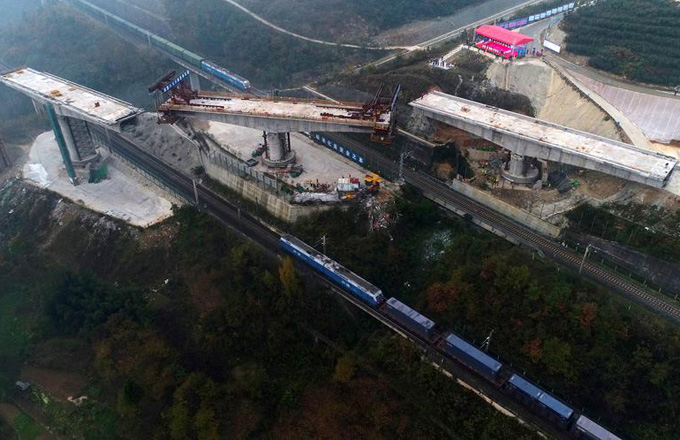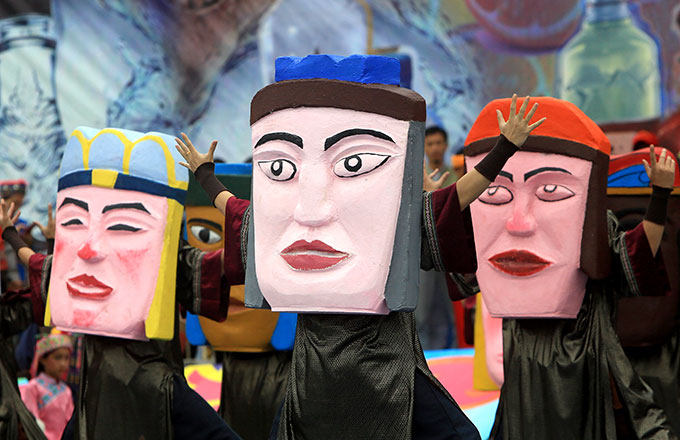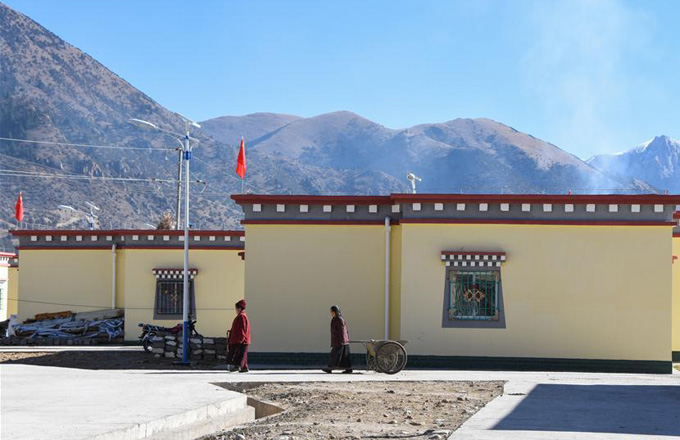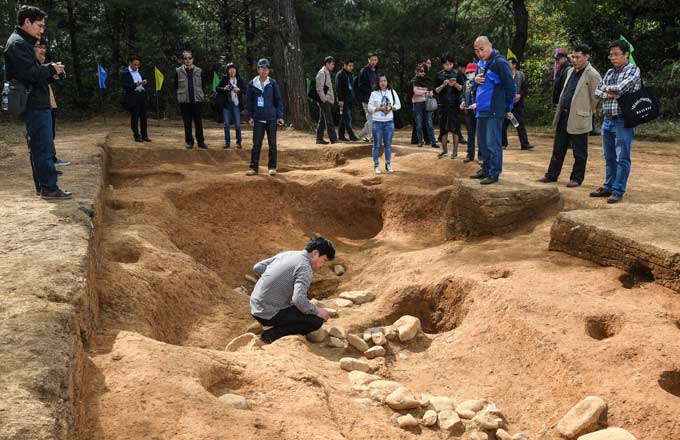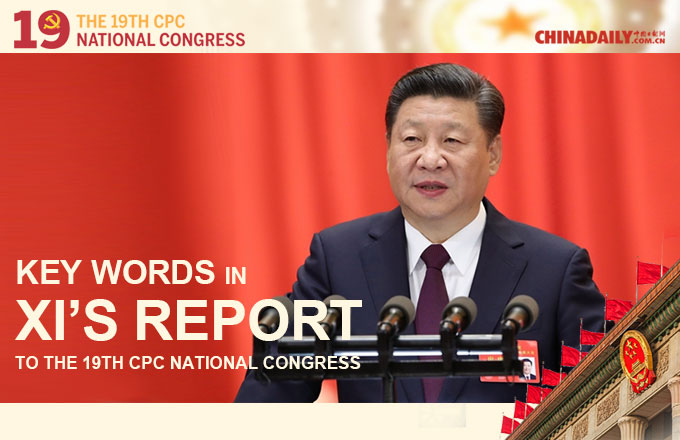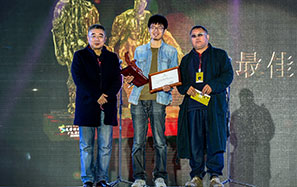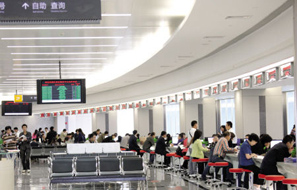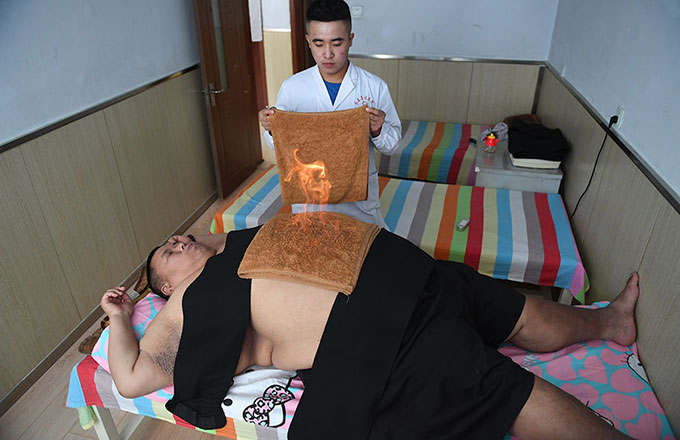China seeks return of statue
Netherlands asked to assist in repatriation of missing relic
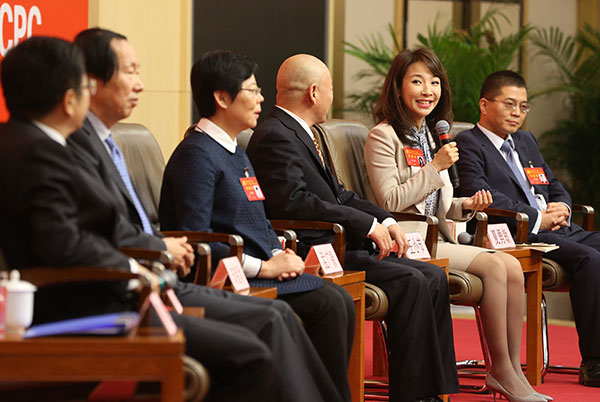 |
|
Wang Xiaojie (second from right), China Central Television's Beijing bureau chief and delegate to the 19th National Congress of the Communist Party of China, answers questions from the media at a news conference on cultural development, Wang is flanked by officials and social organization leaders in culture, arts and media at the media center of the congress in Beijing on Friday. FENG YONGBIN/CHINA DAILY |
A senior Chinese official has called on the Netherlands to offer "fair judicial support" in a case in which Chinese villagers are seeking the return from a Dutch collector of a stolen ancient Buddha statue with a mummified monk inside.
Liu Yuzhu, Party secretary and head of the State Administration of Cultural Heritage, told reporters on Friday that both China and the Netherlands are bound by international treaties banning theft, smuggling and illegal excavation of cultural relics.
Both governments have the responsibility and obligation to protect cultural relics from unlawful infringement, he said in response to a question raised by a Dutch reporter on Friday in Beijing.
The question about the statue came up at an interview organized by the media center of the 19th National Congress of the Communist Party of China.
The 1,000-year-old statue, with the remains of a monk inside, was in an exhibition last year in the Netherlands and Hungary before villagers in Yangchun, Fujian province, saw media reports about the exhibitions, Xinhua News Agency reported. They believe the statue was stolen from their village temple in 1995.
On Friday, Liu said the statue was examined and found to be identical to the stolen relic. After efforts to obtain its return failed, a lawsuit was filed, he said.
"We hope to get the fair judicial support of the Netherlands" on the relic's return, Liu said.
Liu said China has demonstrated its commitment to protect the world's cultural relics. He said China has conducted 15 joint archaeological projects with nations involved in the Belt and Road Initiative. China also offered assistance to cultural relic repair missions in five of those countries, he said.
Also Friday, Xiang Zhaolun, vice-minister of culture, said 100,000 people will receive training during the 13th Five-Year Plan (2016-20) on intangible cultural heritage. Xiang said the program is being undertaken by his ministry and the Ministry of Education.
It offers study opportunities, internships and other training, and 78 universities and colleges are participating, Xiang said.
Governmental efforts are being focused on rejuvenating traditional craftsmanship and spreading its use in modern life, Xiang said.




